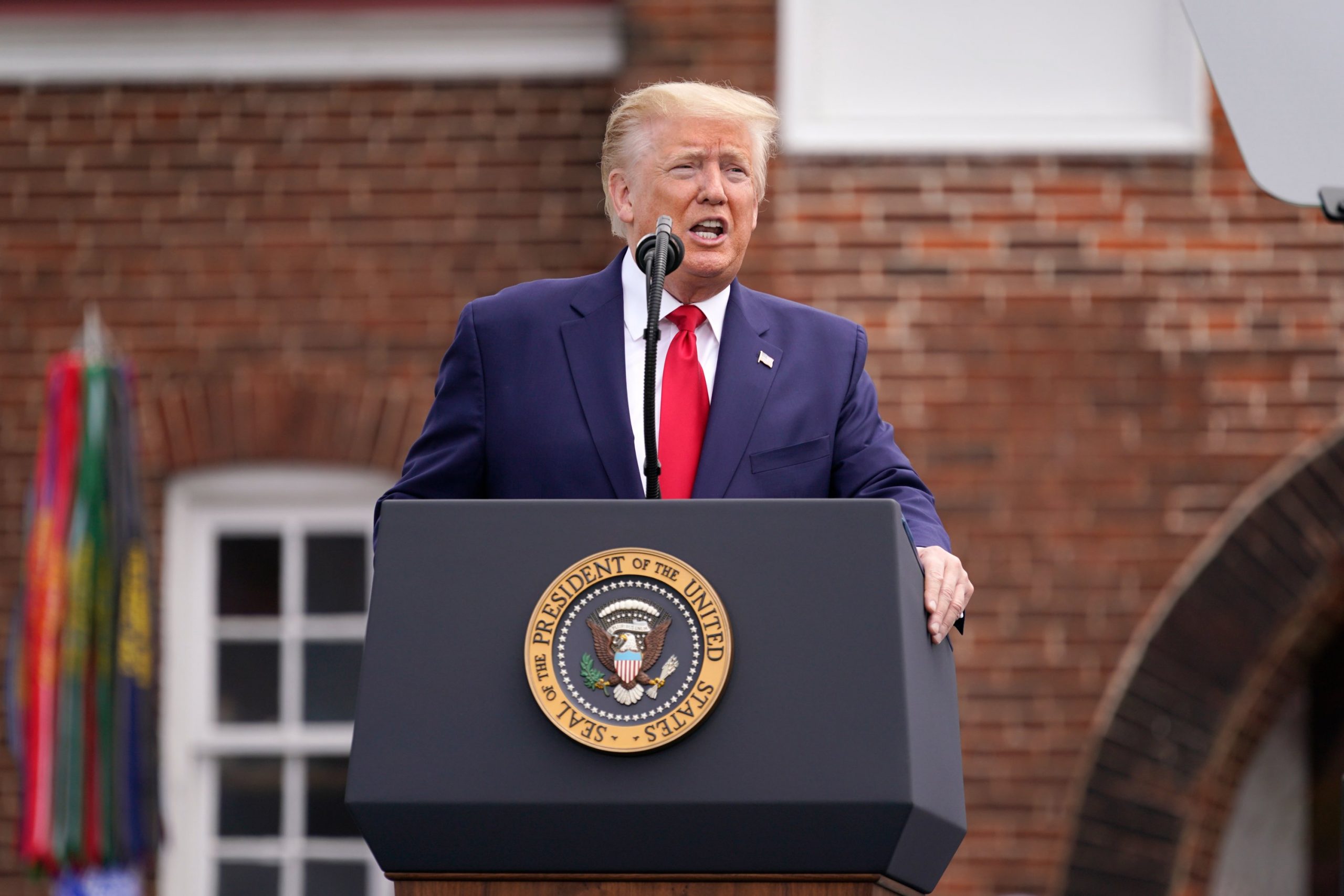U.S. President Donald Trump is expected to order a review of a law that has long protected Twitter, Facebook and Alphabet’s Google from being responsible for the material posted by their users, according to a draft executive order and a source familiar with the situation.
News of the order comes after Trump threatened to shut down websites he accused of stifling conservative voices following a dispute with Twitter after the company decided to tag Trump’s tweets about unsubstantiated claims of fraud in mail-in voting with a warning prompting readers to fact-check the posts.
The order, a draft copy of which was seen by Reuters, could change before it is finalized. On Wednesday, officials said Trump will sign an executive order on social media companies Thursday.
The White House did not immediately respond to a request for comment.
The executive order would require the Federal Communications Commission (FCC) to propose and clarify regulations under Section 230 of the Communications Decency Act, a federal law largely exempting online platforms from legal liability for the material their users post. Such changes could expose tech companies to more lawsuits.
The order asks the FCC to examine whether actions related to the editing of content by social media companies should potentially lead to the platform forfeiting its protections under section 230.
It requires the agency to look at whether a social media platform uses deceptive policies to moderate content and if its policies are inconsistent with its terms of service.
The draft order also states that the White House Office of Digital Strategy will re-establish a tool to help citizens report cases of online censorship.
Called the White House Tech Bias Reporting Tool, it will collect complaints of online censorship and submit them to the Department of Justice and the Federal Trade Commission (FTC).
It requires the FTC to then “consider taking action,” look into whether complaints violate the law, develop a report describing such complaints and make the report publicly available.
The draft order also requires the Attorney General to establish a working group including state attorneys general that will examine the enforcement of state laws that prohibit online platforms from engaging in unfair and deceptive acts.
The working group will also monitor or create watch-lists of users based on their interactions with the content or other users.
Federal spending on online advertising will also be reviewed by U.S. government agencies to ensure there are no speech restrictions by the relevant platform.
It requires the head of each agency to report its findings to the Director of the Office of Management and Budget, within 30 days of the date of this order.
Last Updated on May 28, 2020 11:16 am










Discussion about this post